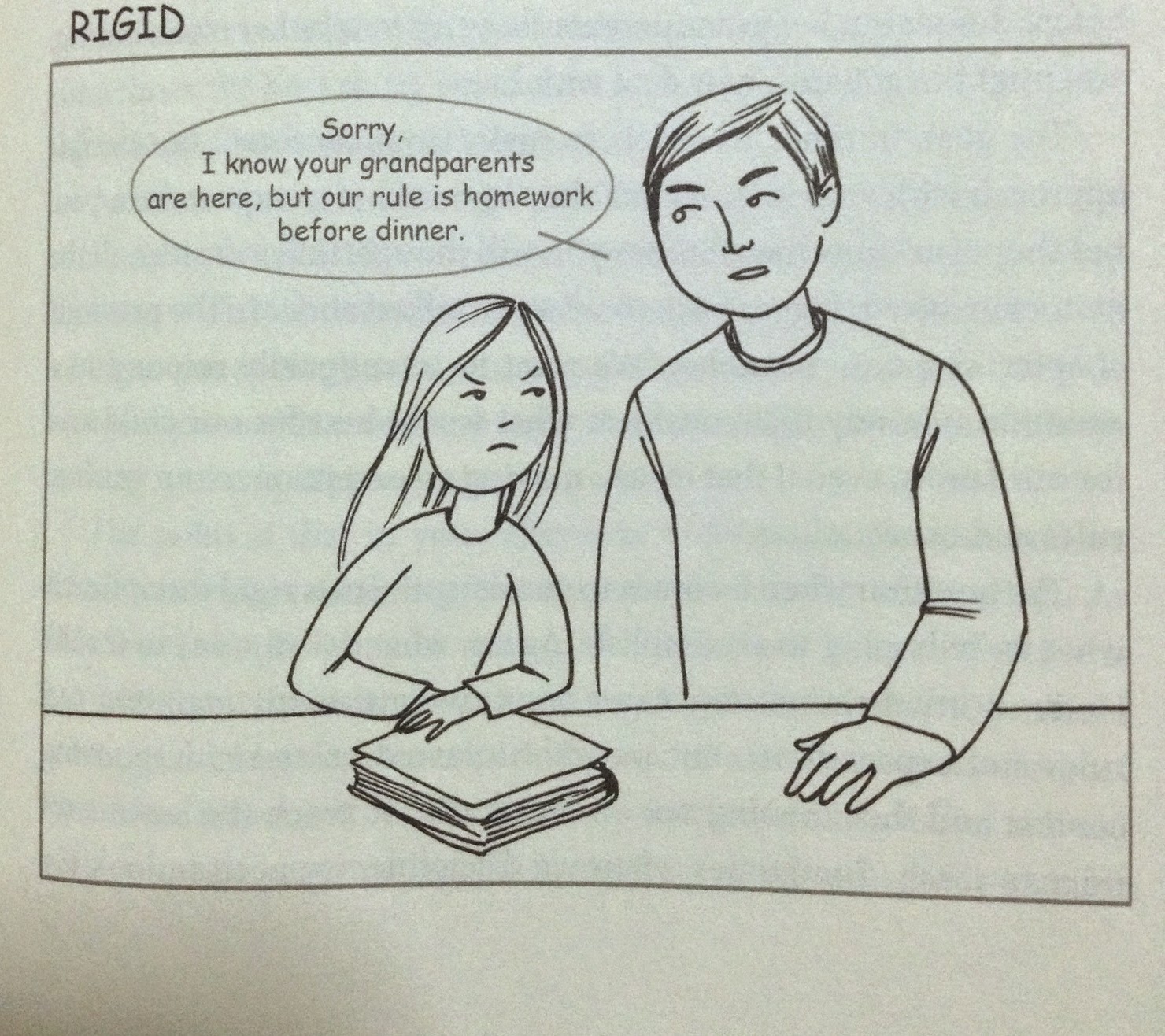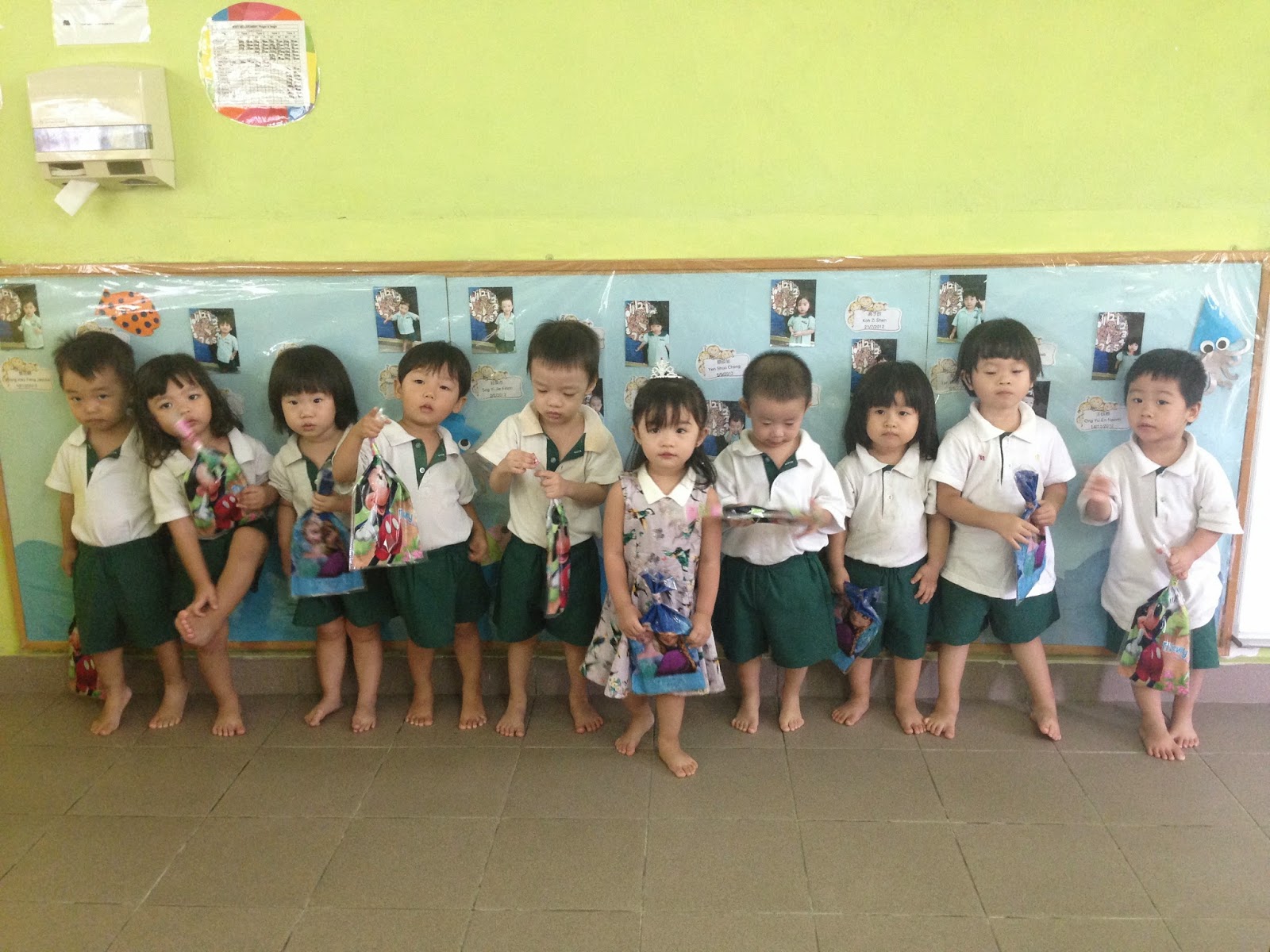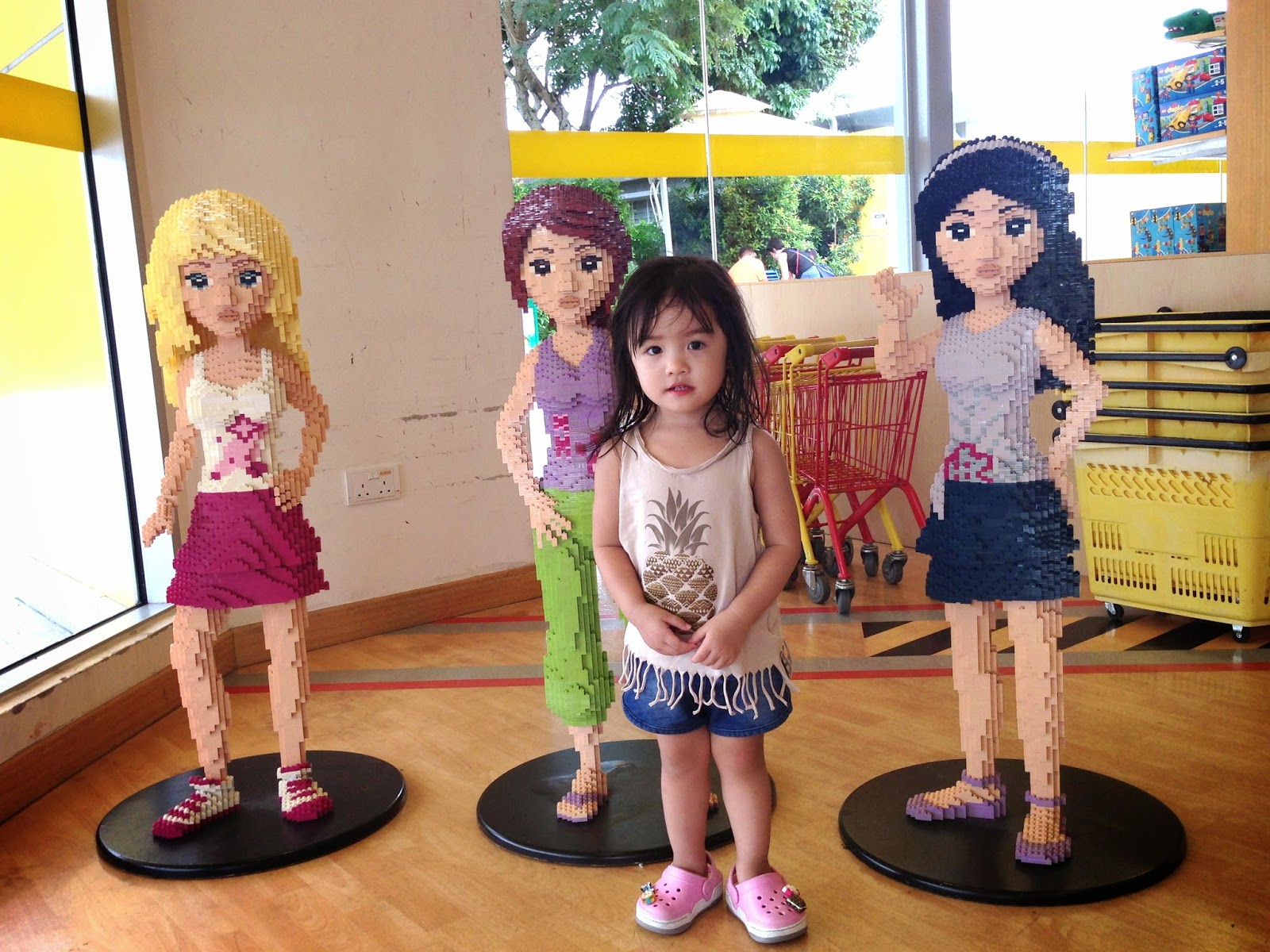This book has taught me so much on how to discipline Simone and my students without all the yelling and drama. I can only share with you excerpts from the book which are a lot!
Let's start from the word "discipline" which means to teach in Latin. (Not to punish! Now you know:)
When our children misbehaving, that's often when they most need connection with us.
When children are attached to their parents, they feel safe enough to test that relationship. In other words, your child's misbehavior is often a sign of his trust and safety with you.
They usually lash out because they don't yet have the capacity to regulate their emotional states and control their impulses.
We also believe that children should have the right to be free from any form of violence, especially at the hands of the people they trust most to protect them.
Isolating children for long periods of time, terrifying them by screaming threats, and using other forms of verbal or psychological aggression are all examples of disciplinary practices that wound children's minds even when their parents never physically touch them.
On Time-out:
The main thing kids reflect on while in time out is how mean their parents are to have put them there.
The more compassion you can have for yourself, the more compassion you can have for your child.
Recent studies demonstrate that children who are taught to read music or play the keyboard undergo significant changes in their brain and have an advanced capacity for what it's called "spatial sensorimotor mapping". In other words, when kids learn even the fundamentals of playing the piano, their brains develop differently form the kids who don't, so they can more fully understand their own bodies in relationship around them.
No-Drama Discipline allows us to communicate to our children, "I'm with you. I've got your back. Even when you're at your worst and I don't like the way you're acting, I love you, and I'm here for you. I understand you're having a hard time, and I am here."
The way we interact with our kids when they're upset significantly affects how their brains develop, and therefore, what kind of people they are, both today and in the years to come.
Spoiling is not about how much love and time and attention you give to your kids. You can't spoil your children by giving them too much of yourself.
We want our kids to know they'll get what they need, even id they can't always get what they want. And connecting when a child is upset or out of control is about meeting that's child's needs, not giving in to what she wants.
The problem appears when they indulge their children by giving them more and more stuff, and sheltering them from struggles, and sadness, instead of lavishly offering what their kids really need, and what really matters- their love and connection and attention and time- as their children struggle and face the frustration that life inevitably brings.
Spoiling ultimately makes life harder on us as parents because we're constantly having to deal with the demands or the meltdowns that result when our kids don't get what they've come to expect; that they'll get their way all the time.
Spoiled children often grow up to be unhappy because people in the real world don't respond to their every whim.
Ultimately then, kids need is to set boundaries and communicate our expectations. But the key here is that all discipline should begin by nurturing our children and attuning to their internal world, allowing them to know that they are seen, hears and loved by their parents even when they've done something wrong.
When your child is at worst, that's when he needs you the most.
Misbehavior often happens because a child isn't bale to regulate his big feelings.
Be consistent, but not rigid.
Consistency means working from a reliable and coherent philosophy so that our kids know what we expect of them and what they should expect from us. Rigidity, on the other hand, means maintaining an unswerving devotion to rules we've set up, sometimes without even having even thought them through or without changing them as our kids develop.
Don't underestimate how powerful a kind tone voice can be as you initiate a conversation about the behavior you're wanting to change. Remember that, ultimately, you're trying to remain firm and consistent in your discipline while still interacting with your child in a way that communicates warmth, love, respect and compassion.
Kids don't need their parents to tell them no to make bad decisions. What they need is for their parents to redirect them, helping them recognize the bad decisions they're making and what leads up to those decisions, so they can correct themselves and change whatever needs top be changed.
Responses:
"It's OK to get mad-everyone does-but when you're angry you still need to control your body. We don't break other people's things, The next time you're that mad, you need to find an appropriate way to express your big feelings."
We all get mad, there;s nothing wrong with getting angry. But what could you do the next time you're that mad?
NO, especially if said in a harsh and dismissive tone, can automatically activate a reactive state in a child.
The other mistake we make in expecting too much is that we assume that just because our child can handle things well sometimes, she can handle things well all the time. Just because they can handle things at one time doesn't mean they can at other times.
Hope this helps!
I still recommend you to read the book;p And yes, It is effective!!!! Happy mama and baby.
xx,
shiela



















































































































